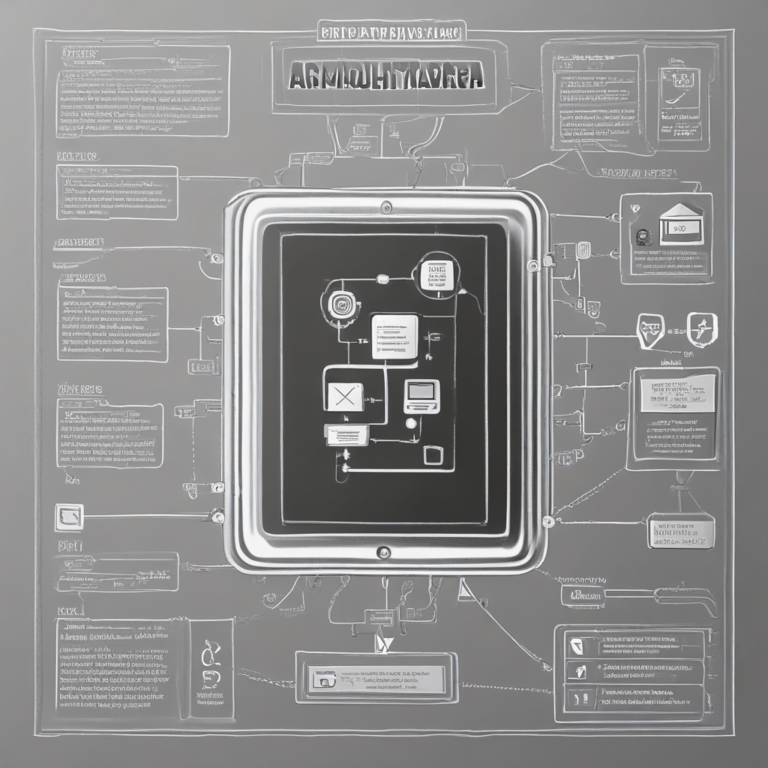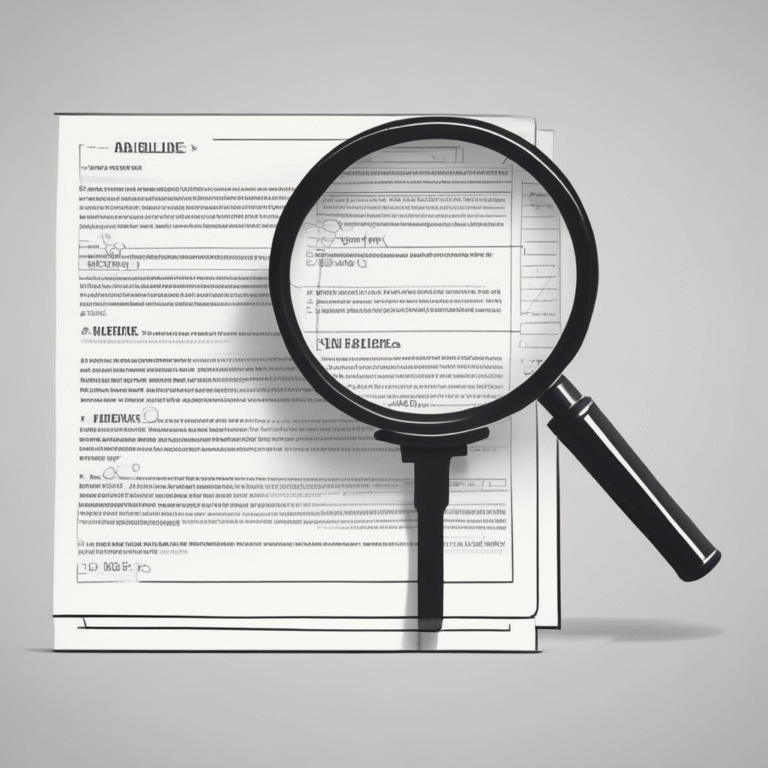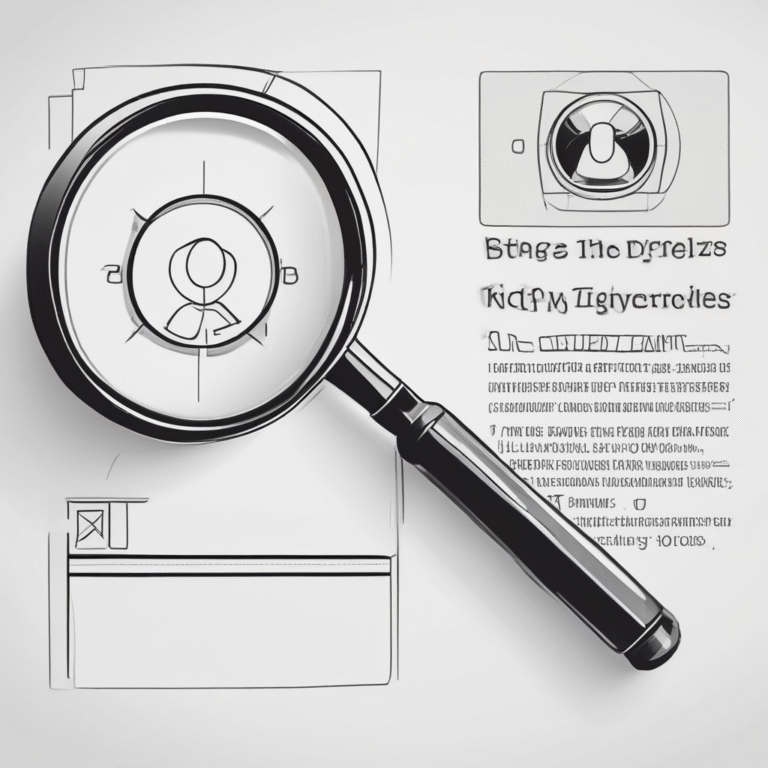South Korea’s AI Legislation Roadmap for 2025
In a significant move to enhance its artificial intelligence (AI) capabilities, South Korea has set forth a comprehensive legislative roadmap following the passage of the AI Basic Act in December 2024. This act establishes a unified framework for AI regulation, marking a pivotal step in the country’s approach to AI governance.
Key Takeaways
- South Korean lawmakers passed the “AI Basic Act” in December 2024.
- The regulatory framework will be developed and finalized in 2025.
- Seoul plans to allocate an additional trillion won to fund AI projects in the country.
Overview of the AI Basic Act
The AI Basic Act establishes a foundation for regulating AI technologies, similar to the EU’s AI Act. It outlines essential provisions that include:
- Transparency requirements for AI applications.
- New ethical guidelines for the development and use of AI.
- A classification framework to identify and monitor high-impact AI systems.
Businesses that do not comply with these regulations could incur fines of up to 30 million KRW (approximately $20,370).
Implementation Timeline
According to government reports, follow-up laws and enforcement decrees related to the AI Basic Act are expected to be released by the end of June 2025. The Ministry of Science and IT (MSIT) is prioritizing the enhancement of the nation’s AI capabilities as a crucial objective for the upcoming year.
Investment in AI Infrastructure
In addition to regulatory measures, South Korea is committing substantial resources towards building its AI infrastructure. Objectives include:
- Increasing advanced GPU capacity by 15 times.
- Establishing a new National AI Computing Center.
Encouraging Private Investment
The political climate surrounding AI investment has led to an unusual consensus among lawmakers, especially following recent tensions. A supplementary budget bill is anticipated to allocate an additional trillion won (approximately $680 million) for AI projects in 2025. Over the next four years, the government estimates that its initiatives could stimulate an additional 65 trillion won in private investment within the AI sector.
Conclusion
As South Korea embarks on this ambitious legislative journey, the anticipated developments in AI regulation and investment signal a robust commitment to fostering a thriving AI ecosystem. This proactive approach will not only enhance the country’s technological landscape but also ensure that ethical considerations remain at the forefront of AI advancements.










